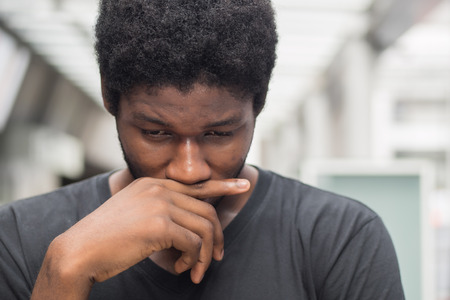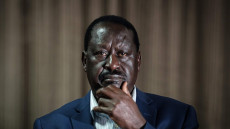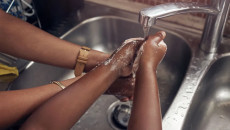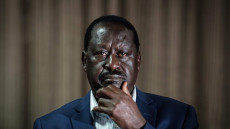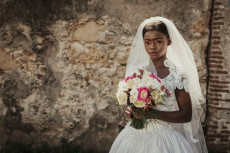- There are stories that wound the soul—and the case of the Mombasa couple accused of exploiting their own children online is one of them.
- No child should have to be rescued from their parents. No child deserves to feel unsafe in a place they call home.
There are stories that wound the soul—and the case of the Mombasa couple accused of exploiting their own children online is one of them.
It is not just the horror of the allegations that stops you in your tracks. It is the unbearable truth that the people accused were the children's parents. The very hands that should have protected them are the ones now accused of trading their innocence for money.
And as you read the details—the dating site, the digital content, the prolonged abuse—you don’t just feel anger. You feel something deeper. Grief. Shame. Helplessness.
How did we get here?
We like to think of child abuse as something far from us. Something that happens in broken homes, in “bad” neighborhoods, or at the hands of monsters we don’t know. But this case shatters that illusion. These weren’t strangers. This was a family. A home. A mother. A father.
Read More
And that’s what makes it so hard to look away.
We live in a society that places family at the heart of everything. We hold our mothers up as sacred. We honour our fathers as providers. But what happens when that sacred bond is broken? What happens when children cry silently under the same roof that should be their safest shelter?
The digital age has opened new doors—some of them dark and dangerous. Platforms meant for connection are being misused as tools of abuse. A phone, a camera, an internet connection—that’s all it takes now for a child to be exploited beyond borders.
And while the suspects in this case will face justice, we must ask the harder questions: How many other children are living in silent horror? How many suffer behind screens while we scroll past their pain?
But this is not just about technology. It’s about silence. The silence of neighbors who maybe suspected but didn’t want to “interfere.” The silence of systems that failed to catch the signs earlier. The silence that we, as a society, might often choose—because talking about child abuse is uncomfortable, painful, and ugly.
Still, we must talk. We must listen. We must ask uncomfortable questions and make noise when things don’t feel right. Because if we don’t, we become part of the silence that shields abusers.
As for the children—three of them, the youngest only four years old—what they’ve endured cannot be undone. But their story must count for something. Not just for headlines. Not just for court records. But for change.
Let this be more than a news cycle. Let it be a moment of national reflection. Let it be the reason we start checking in on our children—not just their grades and chores, but their fears, their silences, their sadness. Let it be the reason we look more carefully at who we trust, and what we ignore.
Because no child should have to be rescued from their parents. No child deserves to feel unsafe in a place they call home.
If you suspect or witness child abuse, report anonymously to the national child protection hotline by dialing 116 (toll-free).

